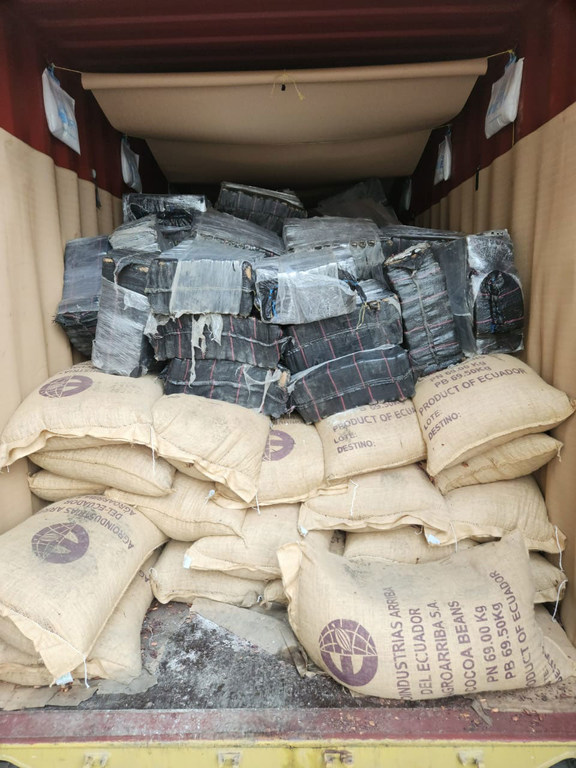Cocaine, cannabis resin and pharmaceutical opioids are the internationally trafficked drugs most seized in the Sahel, a region used by criminal networks and armed groups as a “natural stopover point” on trafficking routes from South America to Europe, according to a new report from the UN Office on Drugs and Crime (UNODC).
Drug trafficking in the Sahel continues to hinder security, economic development and the rule of law while jeopardizing public health, warns the UNODC report titled ‘Drug Trafficking in the Sahel: Transnational Organized Crime — Threat Assessment’. But on the positive side, it also notes that regional authorities with help from the United Nations are taking down criminal networks and making a record number of seizures of illicit drugs. “Drug trafficking is well-established in the Sahel region – with detrimental consequences both locally and globally,” said Amado Philip de Andres, who heads the UNODC’s West and Central Africa regional office.
Cannabis resin remains the drug most commonly seized in Burkina Faso, Chad, Mali, Mauritania and Niger, followed by cocaine and pharmaceutical opioids, with seizures of the former having skyrocketed in the Sahel from an average of 13 kg per year seized in the 2015-2020 period to 1,466 kg in 2022. The report also warns that the drug economy and instability in the region are linked through a “vicious cycle”, in which the weak rule of law and widespread corruption, including by members of political elites, is facilitating the expansion of the drug economy. That can, in turn, provide financial resources for maintaining or expanding conflicts, which then continue to weaken the rule of law. The report also highlights corruption and money laundering are being the “major enablers” of drug trafficking in the Sahel.


